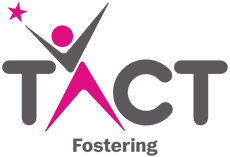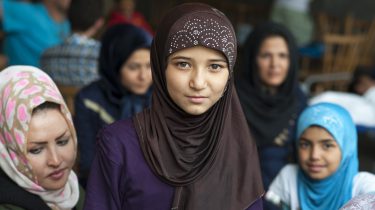Changes as of 1st July 2016
The Home Office and Local Authorities have recently agreed a new dispersal for unaccompanied and refugee children and this will come into force on 1st July 2016. This will mean that rather than remaining in the Local Authority where they entered the UK unaccompanied and refugee children will be dispersed to, potentially, all UK Local Authorities to be looked after in foster care, residential care and semi-independent living arrangements.
It is extremely likely that TACT will be approached by Local Authorities to offer foster placements to unaccompanied and refugee children.
TACT’s Response
TACT has a proud history of looking after vulnerable unaccompanied refugee children in our foster placements. Many of our excellent foster carers have provided warm, safe, caring and nurturing homes to these vulnerable young people. We are very keen that TACT continue to offer this service particularly as ongoing instability in Syria, Barack, Afghanistan, North Africa and the Horn of Africa mean that there are more children than ever before on the move. The overwhelming majority of children remain in their region of origin. A large number of displaced children are looked after in UNHCR camps in Jordan, Lebanon and Turkey. However some unaccompanied children also travel to Europe and so end up in the UK.
One of the issues facing foster carers in taking a placement of an unaccompanied or refugee child is that there is not as much information and history on these children as there generally is with UK-based children coming into the care system. There are also some issues with age assessments though it is increasingly common that young people aged 17 or 18 are placed directly into residential semi-independent placements.
However in general terms unaccompanied or refugee children are a joy to care for. These children and young people are often highly motivated to learn English, engage positively in education and to be respectful of their foster parents and foster household.
I would therefore ask that all of you who currently have vacancies please give some thought to agreeing to take a vulnerable unaccompanied or refugee child. Please discuss this with your supervising social worker who will be happy to answer any questions you may have.
Conclusion
At a time when public discourse about immigration has become polarised with some extremely unfortunate characterisations of our fellow human beings who are fleeing war, disaster and poverty, it is important that charities such as TACT give a clear lead in providing excellent care to vulnerable children. These children, who through no-fault their own, find themselves separated from their families and in a country thousands of miles from home need and deserve our support.



